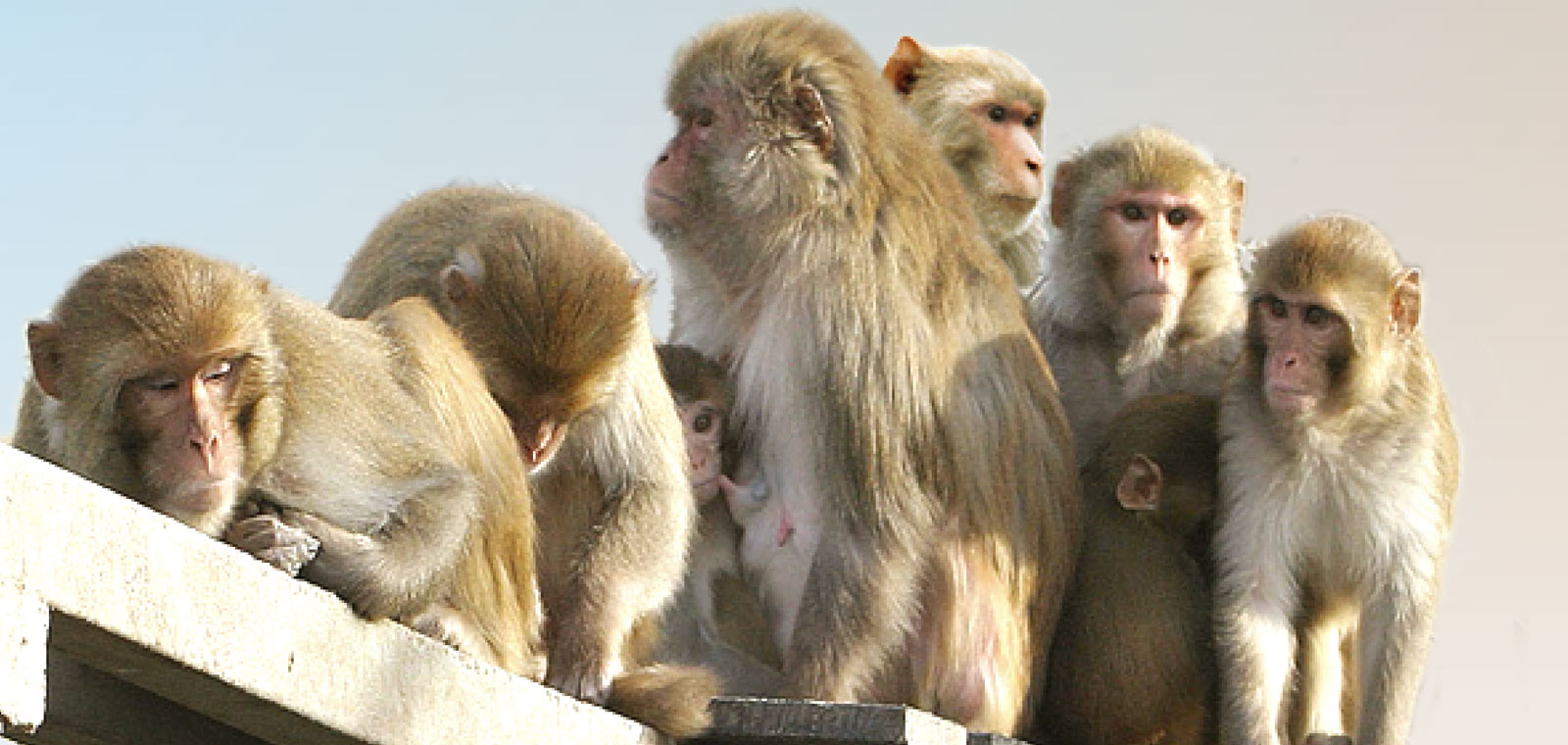
Today is World Day for Laboratory Animals. It’s a day when we reflect on the use of animals in research. Is the use of laboratory animals still of our time? If so, how are we going to handle these animals?

Today is World Day for Laboratory Animals. It’s a day when we reflect on the use of animals in research. Is the use of laboratory animals still of our time? If so, how are we going to handle these animals?
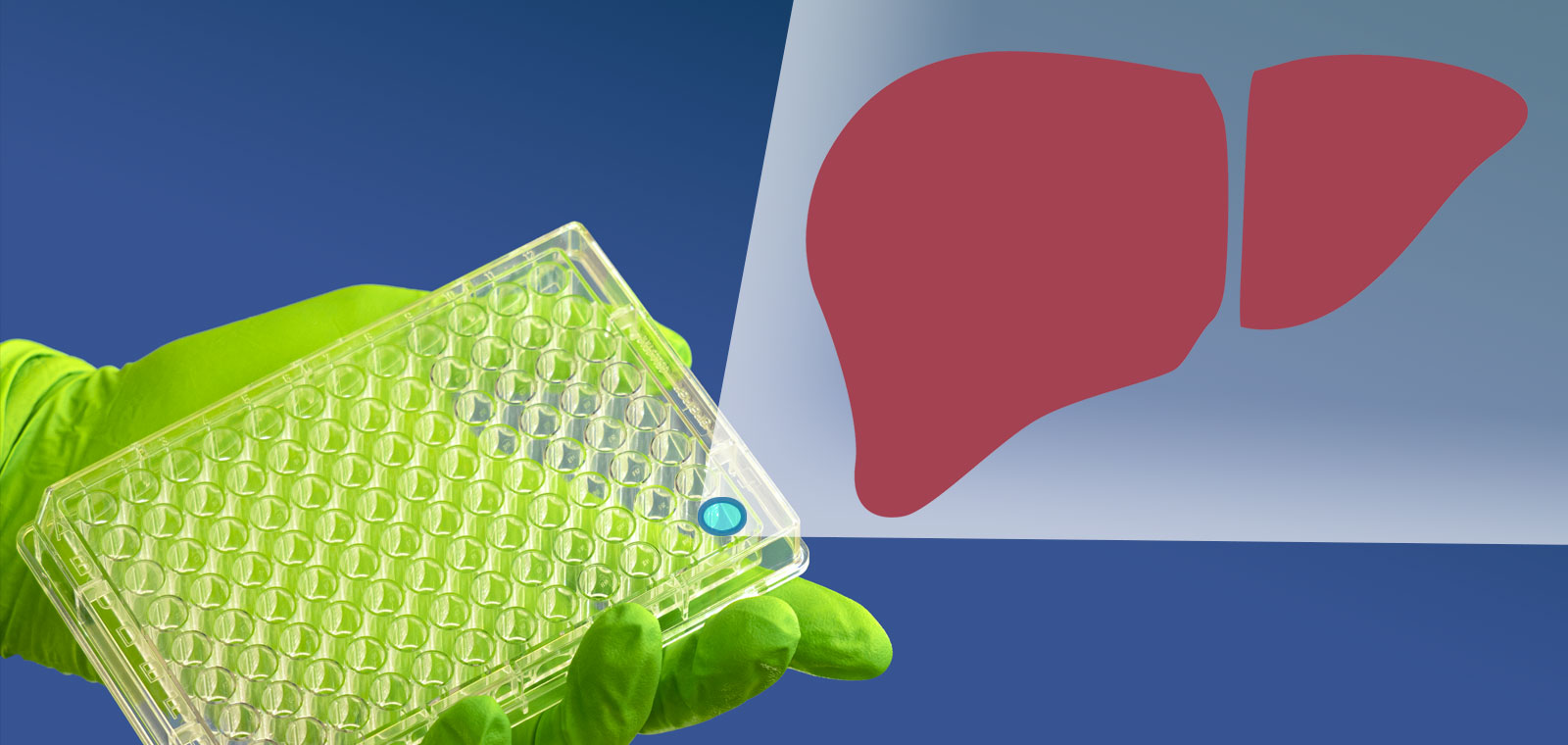
By studying monkey malaria, scientists are learning a lot about human malaria. This type of work will greatly benefit from our new in vitro culture method which also minimizes the number of laboratory animals needed.
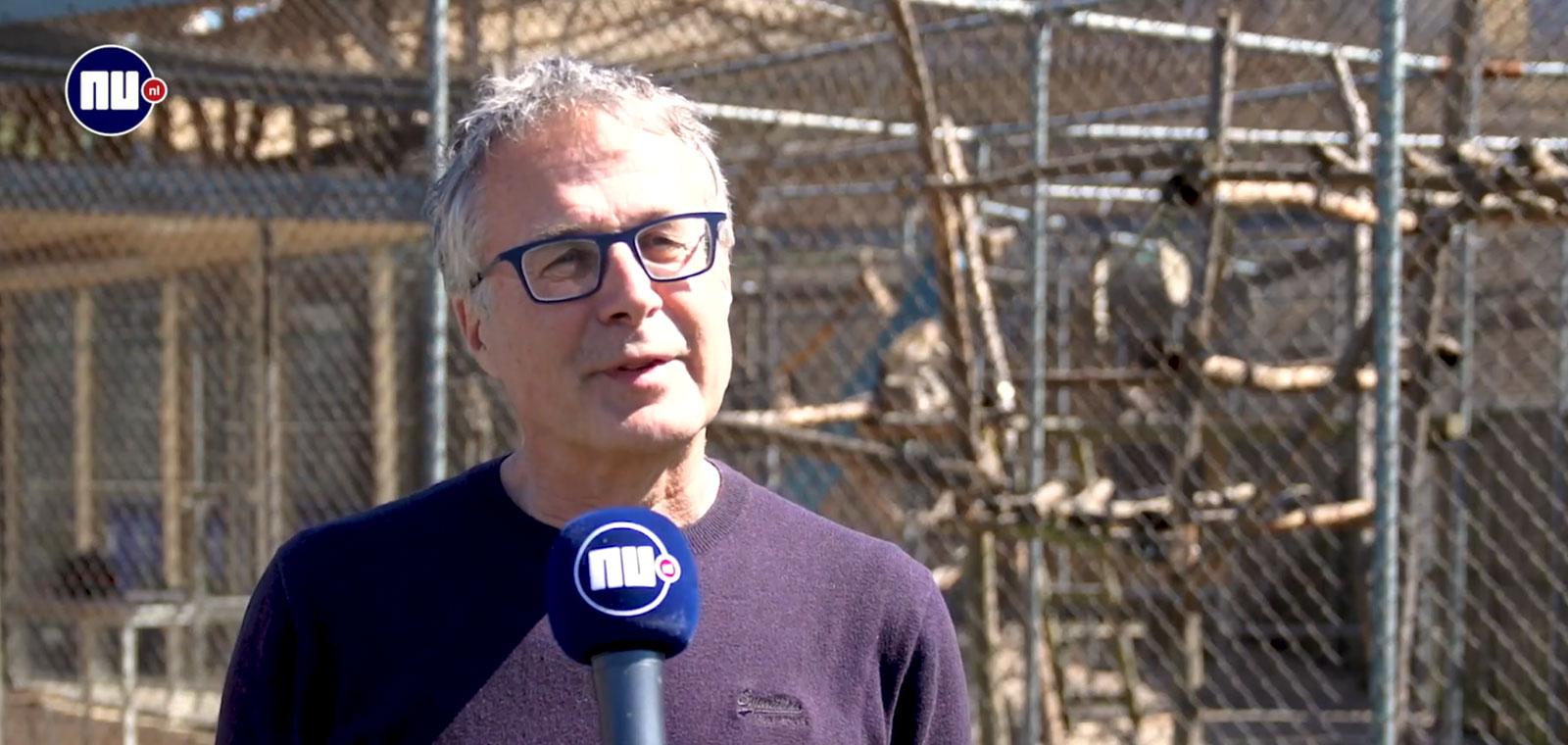
NU.nl came to visit us yesterday to make a short video item about our research into Corona.
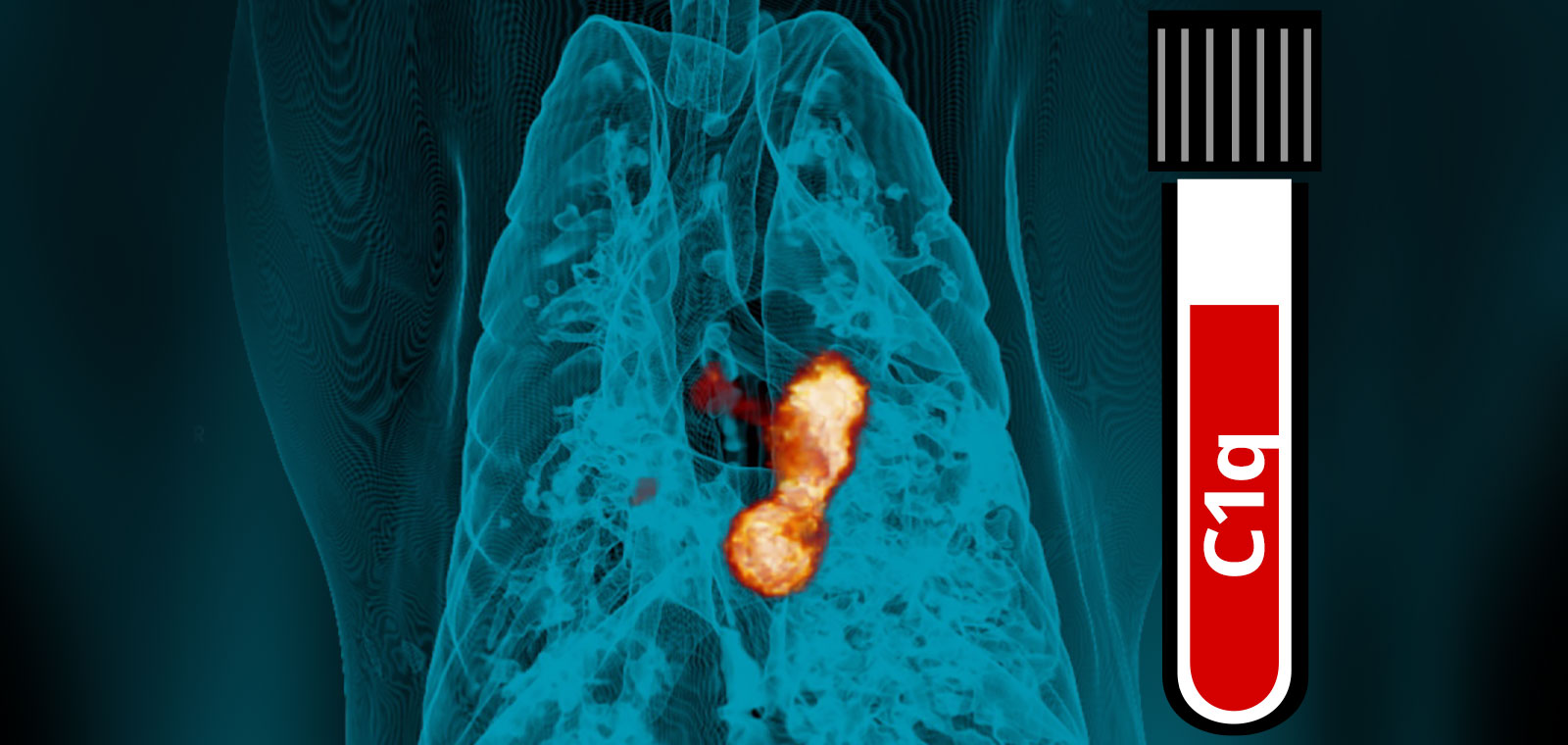
It remains a great challenge to diagnose tuberculosis in time and predict disease progression. In the search for alternative diagnostic methods, BPRC’s tuberculosis research group has made an interesting discovery in light of a new potential “biomarker” for tuberculosis (TB).
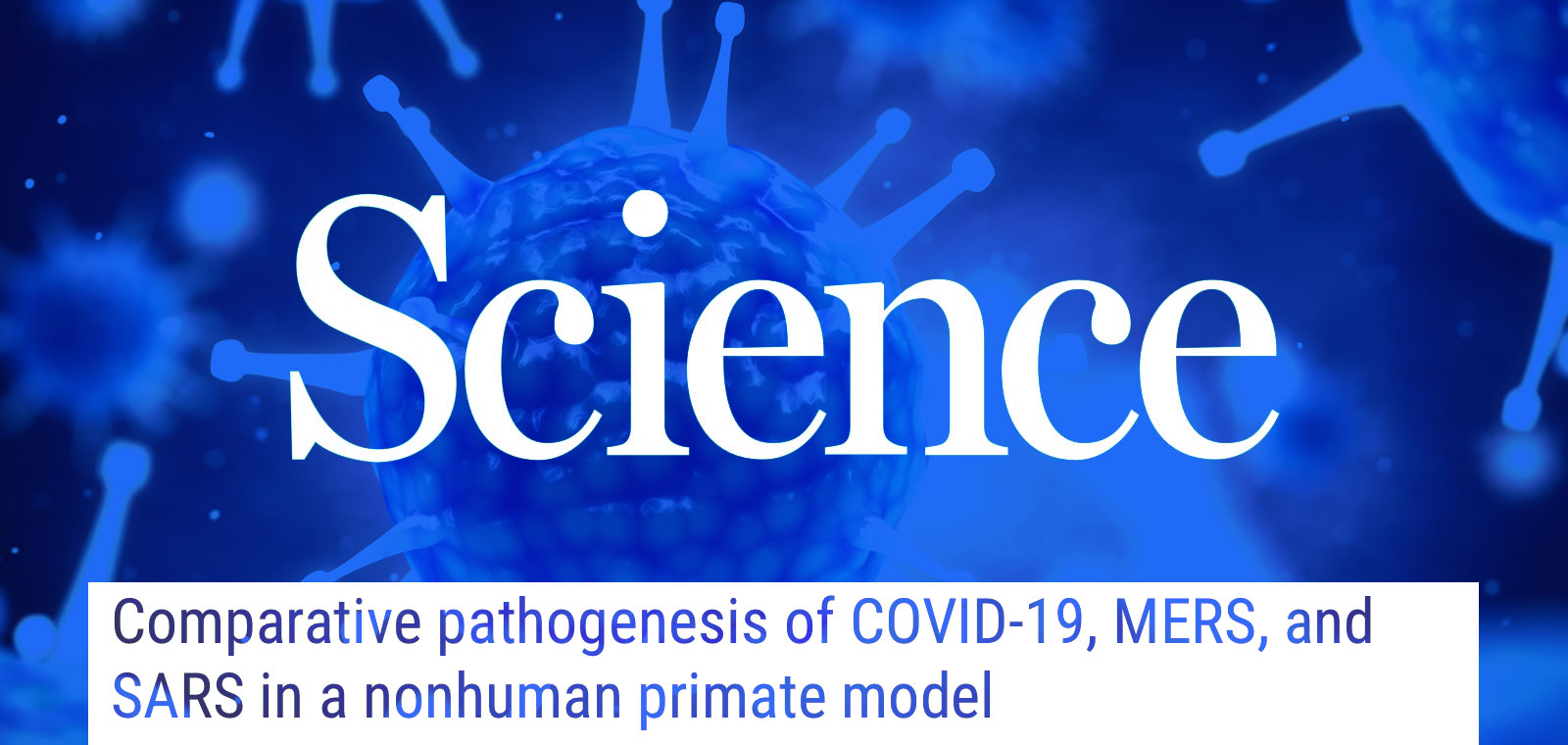
Together against corona
Only if we work together, we can beat the coronavirus. That is why researchers from ErasmusMC in Rotterdam and BPRC in Rijswijk have joined forces. Resulting in the first European SARS-CoV-2 infection model in macaques.
This model provides (international) scientists the opportunity to evaluate their experimental vaccines and medicines.
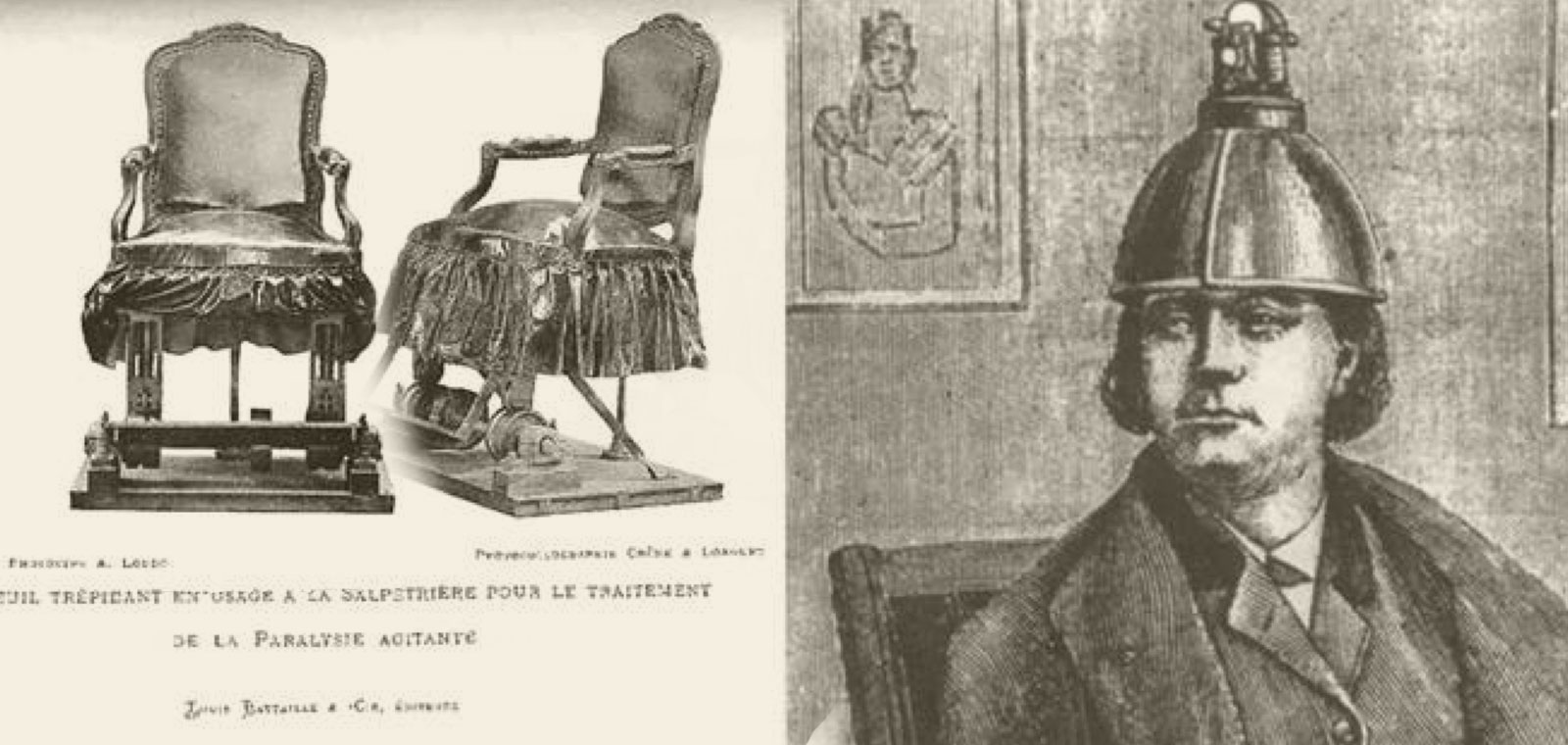
Today is World Parkinson's Day. A day to reflect on the development of treatments for Parkinson's patients. Parkinson's is a disease that has been around for ages. Already 1000 years before Christ it was described. The disease causes a disturbance in the motoric control of movements. Particularly elderly people are prone to develop this condition, but we still don't know what the cause is.

The world is urgently in need for a vaccine against the coronavirus. Billions are being invested worldwide. But there is one thing we cannot buy with money and that is time. Developing a good and safe vaccine takes a lot of time. Below we explain why.

During evolution, humans have developed a diverse and complex defence system to protect themselves against pathogens. An important part of this system are the immune cells Natural Killer (NK) cells. NK cells are part of the first line of defence after an infection or during the formation of tumors. Via special proteins on the surface, KIR receptors, NK cells recognise other cells that show abnormal behaviour and then clear up.
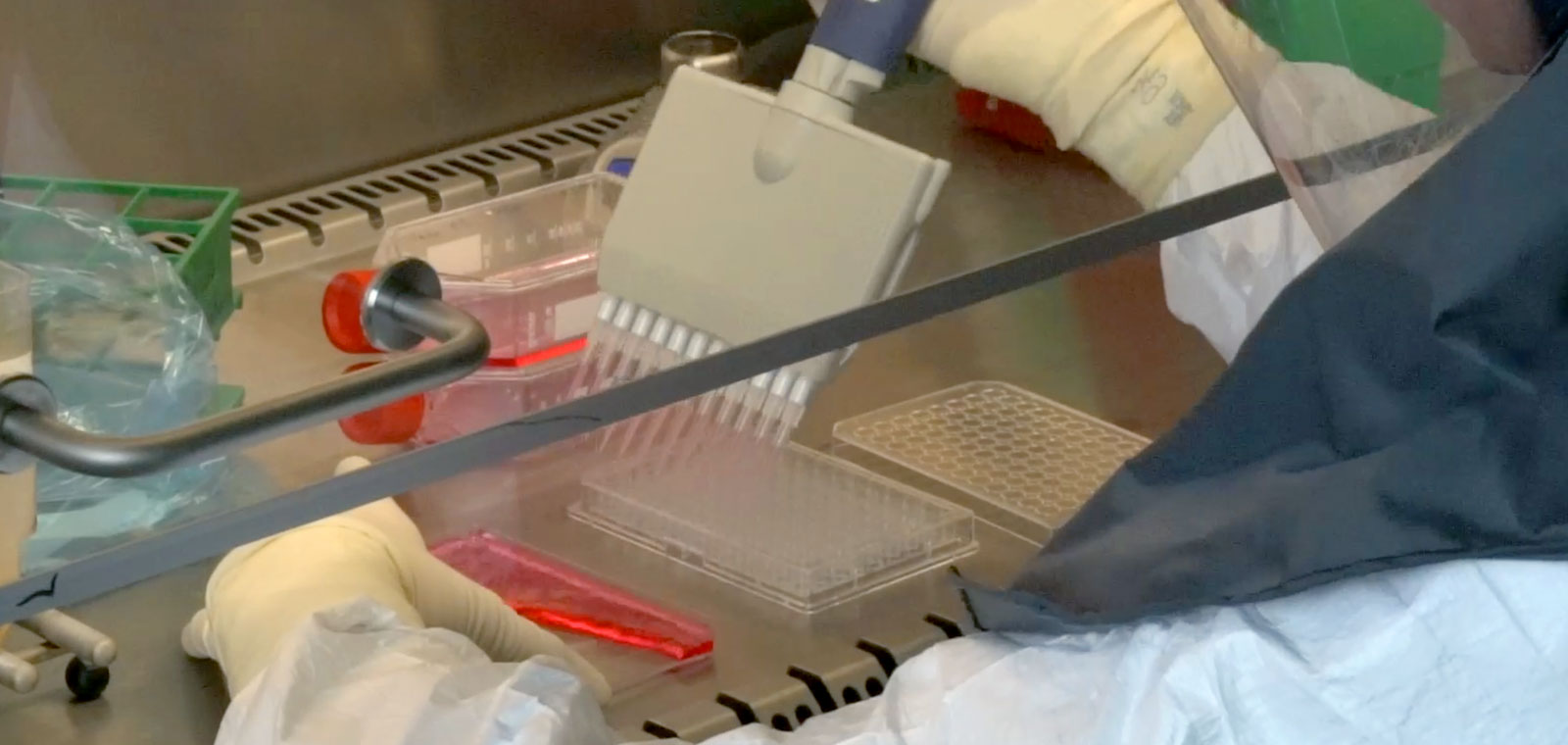
Like many other universities and institutes, BPRC also conducts research into corona. In this blog, we briefly explain why corona research is so important. We also give a small peek in our coronalab.
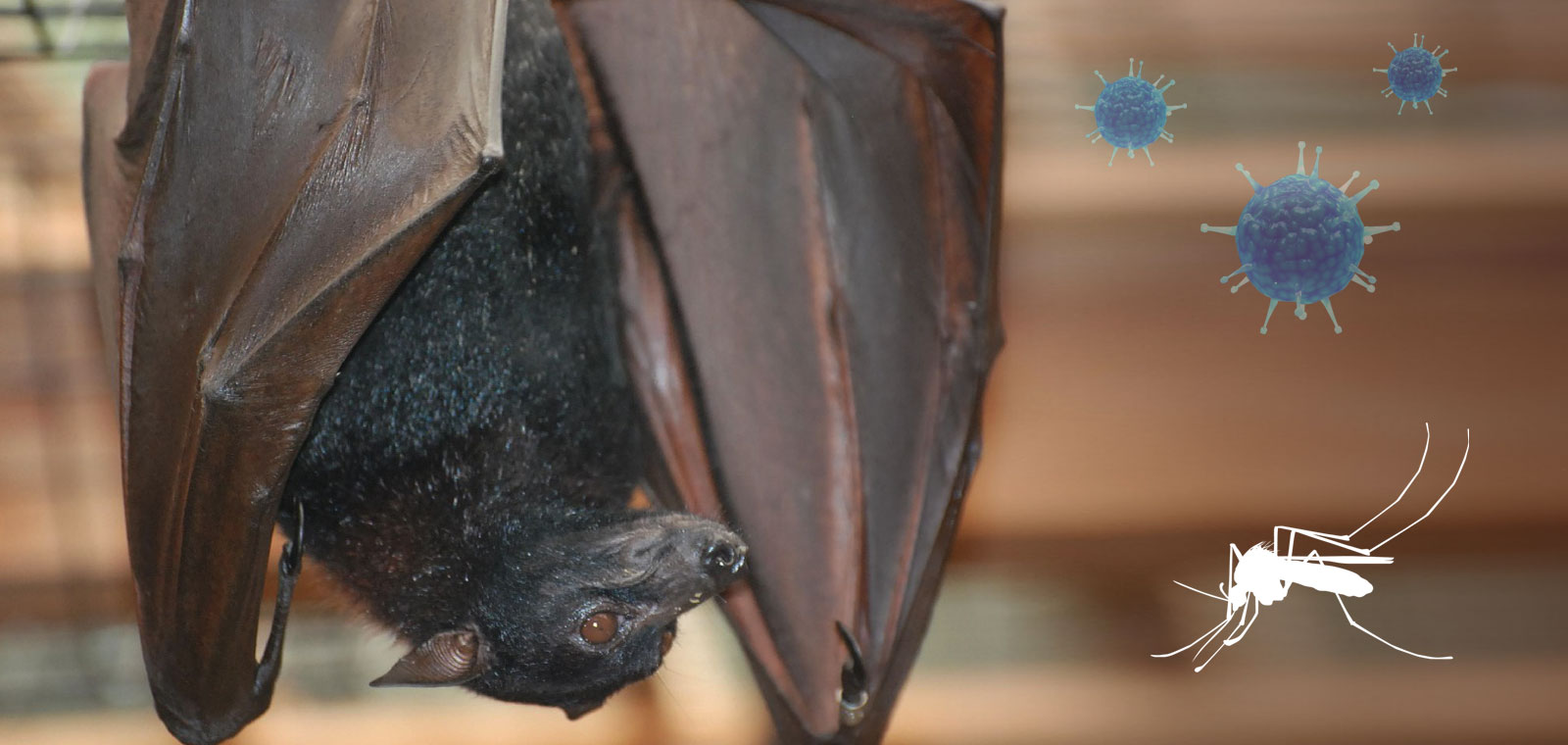
We are currently in the midst of the coronacrisis. The advice by the National Institute for Public Health and the Environment emerges a clear picture. Stay indoors as much as possible, keep a distance of 1.5 meters, cough in elbows or tissue paper. And wash your hands frequently. The question is how to deal with outbreaks of pathogens in the future. Good to know is where they come from.